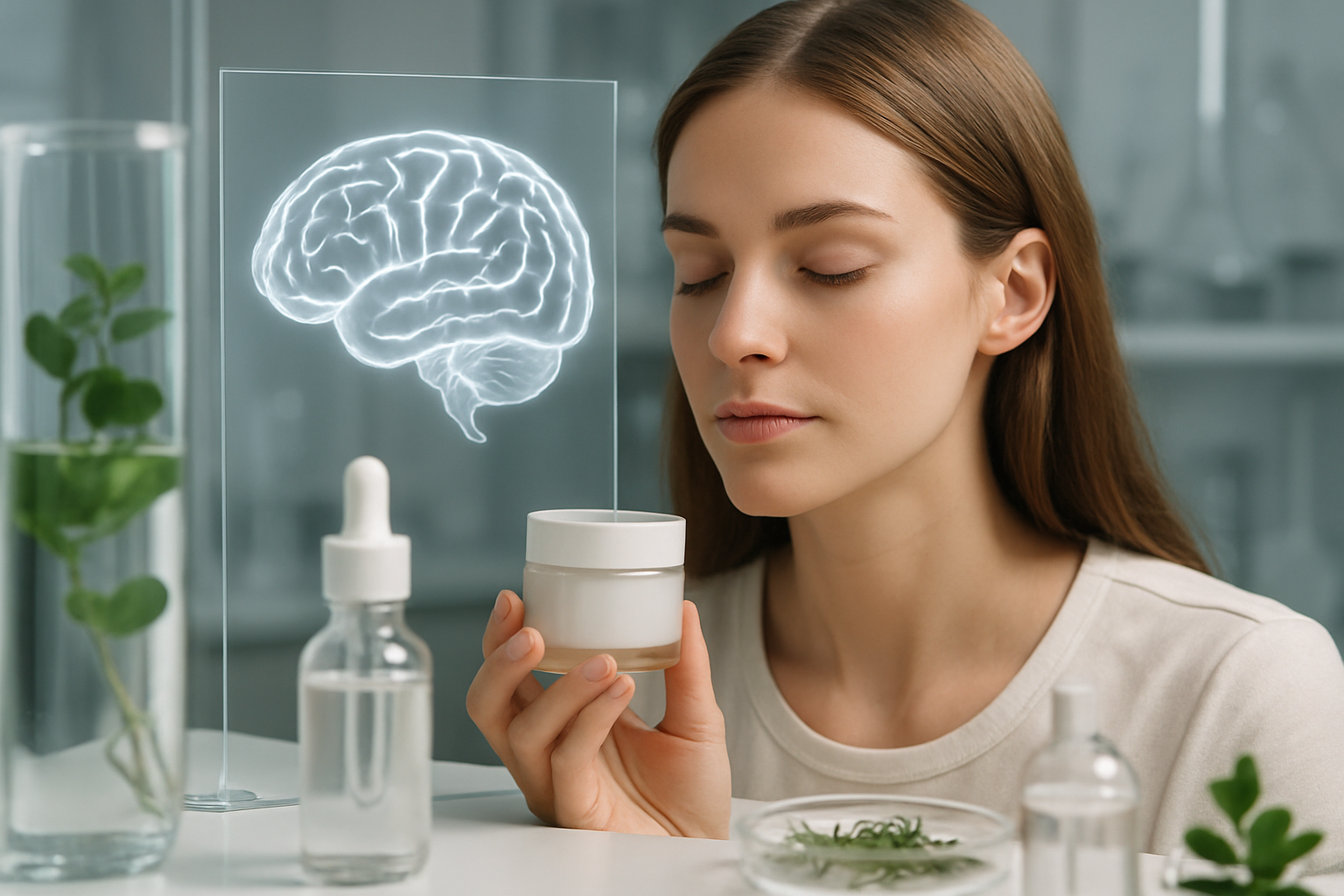The Science of Aging Gracefully: Your Complete Guide to Anti-Aging Solutions in 2025
Aging is a natural biological process that affects everyone, but the way we experience it varies greatly based on genetics, lifestyle choices, and the preventative measures we take. As we venture further into 2025, scientific advancements have revolutionized our understanding of aging mechanisms and introduced innovative solutions that go beyond traditional approaches. This comprehensive guide explores the science behind aging and provides evidence-based strategies to help you navigate the journey with grace, confidence, and optimal health.

Understanding the Biology of Aging
Aging isn’t simply the passage of time—it’s a complex biological process involving cellular changes, genomic instability, and metabolic shifts. At its core, aging occurs as our cells gradually lose their ability to function optimally and repair damage. Telomeres—protective caps at the ends of chromosomes—shorten with each cell division, eventually leading to cellular senescence where cells no longer divide. Additionally, mitochondrial dysfunction reduces energy production, while oxidative stress from free radicals damages cellular components. The accumulation of these processes manifests as visible signs of aging like wrinkles, reduced skin elasticity, and decreased energy levels. Understanding these fundamental mechanisms provides the foundation for developing effective interventions that target the root causes rather than merely addressing symptoms.
Lifestyle Foundations for Graceful Aging
The most powerful anti-aging strategy remains a holistic approach to lifestyle. Nutrition plays a pivotal role, with research consistently showing that Mediterranean and plant-rich diets reduce inflammation and oxidative stress—two major accelerators of aging. Regular physical activity maintains muscle mass, which naturally declines with age, while also supporting cardiovascular health and cognitive function. Quality sleep (7-9 hours nightly) allows for cellular repair and hormone regulation. Stress management techniques like meditation and mindfulness reduce cortisol levels, which when chronically elevated can accelerate aging processes. Perhaps most importantly, social connections and purposeful engagement have emerged as critical factors for longevity and healthy aging, with strong evidence linking community involvement to better health outcomes and increased lifespan.
Evidence-Based Skincare Approaches
The skincare industry has evolved dramatically, moving toward science-backed formulations that deliver measurable results. Retinoids remain the gold standard for stimulating collagen production and accelerating cell turnover. Vitamin C serves as both a powerful antioxidant and collagen booster when formulated correctly. Peptides function as cellular messengers that can trigger specific anti-aging responses in the skin. Hyaluronic acid provides intensive hydration by attracting water molecules. Niacinamide (vitamin B3) strengthens the skin barrier while reducing inflammation and hyperpigmentation. The 2025 approach emphasizes customized regimens based on individual skin biology rather than one-size-fits-all solutions. Advanced diagnostic tools now allow for precise assessment of skin needs, enabling targeted interventions that address your specific aging concerns rather than generic approaches.
Nutrition and Supplementation Strategies
Modern anti-aging nutrition focuses on cellular protection and metabolic optimization. Research continues to support the benefits of antioxidant-rich foods like berries, dark leafy greens, and colorful vegetables that neutralize free radicals. Omega-3 fatty acids from fatty fish and walnuts reduce inflammation and support cellular membrane health. Protein intake becomes increasingly important with age to prevent muscle loss, with recommendations suggesting 1.0-1.2g per kilogram of body weight daily for older adults. Emerging research highlights the potential benefits of time-restricted eating patterns that allow cellular repair mechanisms to function optimally. Supplement science has advanced significantly, with targeted compounds like NMN (nicotinamide mononucleotide), resveratrol, and CoQ10 showing promise for supporting cellular energy production and longevity pathways, though these should complement rather than replace wholesome nutrition.
Technological Innovations in Anti-Aging
The intersection of technology and longevity science has produced remarkable innovations for 2025. Non-invasive treatments like radiofrequency and ultrasound devices stimulate collagen production without surgery. Personalized skincare has evolved with AI-powered diagnostic tools that analyze facial images to identify specific concerns and recommend targeted solutions. Regenerative medicine approaches, including growth factor treatments and stem cell therapies, are becoming more refined and accessible. Wearable technology now tracks not just basic health metrics but also biomarkers of aging like heart rate variability, sleep quality, and stress levels—providing real-time feedback that enables lifestyle adjustments. Digital health platforms integrate this data with personalized recommendations, creating comprehensive anti-aging programs tailored to individual needs and goals.
Mental Wellness and Cognitive Health
Cognitive health represents an essential yet often overlooked dimension of aging gracefully. Regular mental stimulation through learning new skills, solving problems, and engaging in intellectually challenging activities builds cognitive reserve—the brain’s ability to withstand age-related changes. Physical exercise benefits the brain directly by increasing blood flow and stimulating the production of BDNF (brain-derived neurotrophic factor), which supports neuron health. Quality social connections provide mental stimulation while reducing stress and depression risk. Adequate sleep allows for the clearance of metabolic waste products from the brain through the glymphatic system. Nutrition specifically supporting brain health includes omega-3 fatty acids, antioxidants, and compounds like flavonoids found in cocoa, berries, and green tea. Together, these approaches create a comprehensive strategy for maintaining cognitive vitality throughout the aging process.
This article is for informational purposes only and should not be considered medical advice. Please consult a qualified healthcare professional for personalized guidance and treatment.




